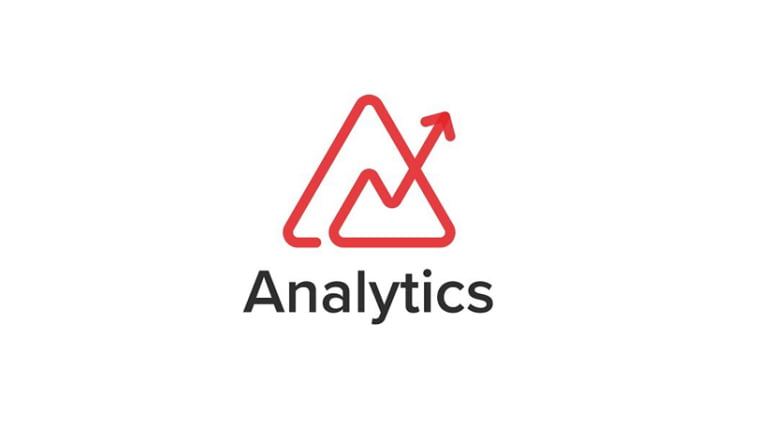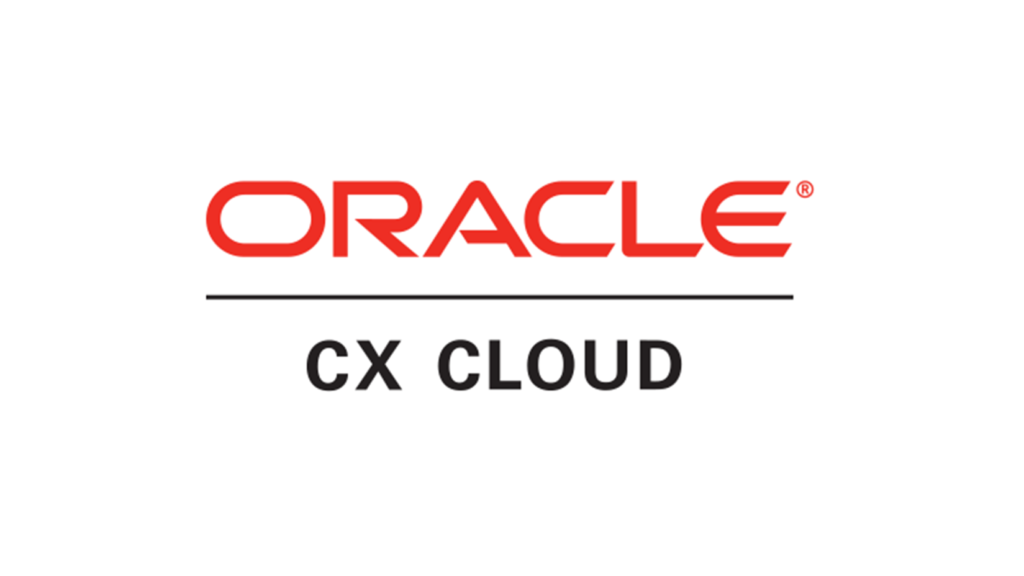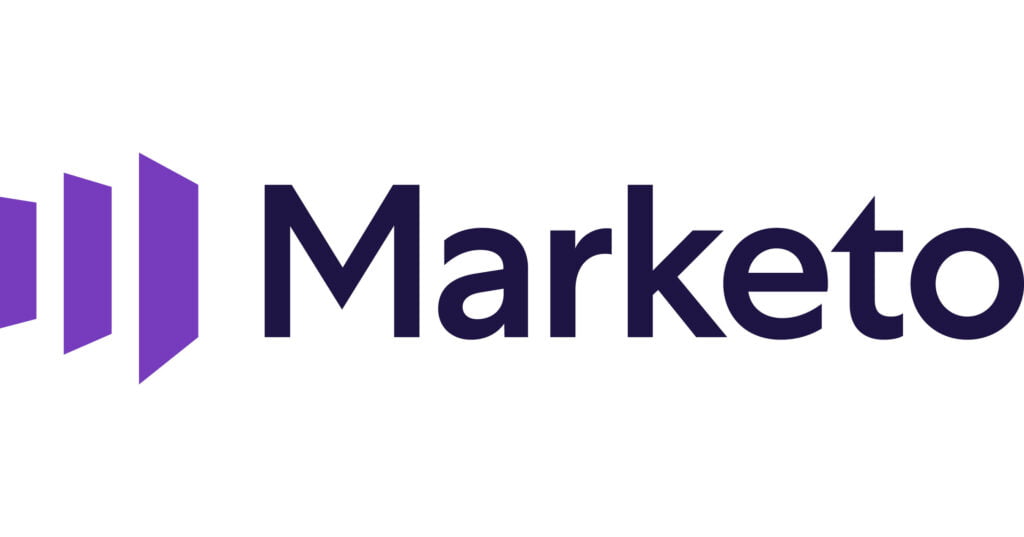Customer relationship management (CRM) systems are any set of tools and practices used to improve the relationship between customers and a business. So before we get into the different types of CRMs we should first address 2 questions:
What is a CRM System?
And...
Do I Need a CRM System?
If you've answered "Yes", to the latter then let's continue on.
Generally, when people talk about CRMs in the modern age, they’re talking about software to help improve and streamline customer relations. That’s what I’m going to talk about today.
I’ll provide you with details on the five different kinds of CRM you should know about. You’ll learn the difference between each type of CRM, the advantages of each type, and some of my favorite pieces of software in each category. With this detailed overview, you’ll be able to determine which type of CRM is right for your business—you might need multiple CRMs, and you might not need any CRMs at all!
One last note—from here on out, the word CRM is going to be used synonymously with CRM software (that’s how I used it in the last paragraph, too).
Let’s dive in!
Different Types of CRM Software
Broadly speaking, there are five different types of CRM:
- Operational: Enables businesses to track their customer from first point-of-contact to post-sales support
- Analytical: Collects and analyzes data about customers to help businesses make better decisions
- Collaborative: Eliminates silos by sharing workflows, customer databases, and more between departments
- Strategic: Helps organizations improve their overall customer relationship strategy with features like customer lifetime value analysis
- Marketing: Helps organizations develop and execute marketing campaigns based on customer data
There are use cases for different CRMs in almost any organization—the type of CRM you’ll choose will depend heavily on your goals. Need to track your sales funnel to ensure you’re following up on leads? An operational CRM may be the way to go. Trying to understand who your customers are and what they buy? You might want an analytical CRM.
With this brief explanation in mind, let’s dive deeper into the different types of CRM:
Operational CRM Systems
Operational CRMs improve the day-to-day operation of your business (it’s right there in the name), making it easier for departments to track customers as they move through the sales and support funnel. An operational CRM streamlines your day-to-day operations by providing automation in two key forms:
- Sales automation
- Support automation
Marketing automation is a feature of some operational CRMs, though most of those would be classified as campaign management CRMs. Most operational CRM tools can integrate with marketing platforms like Mailchimp, and email platforms like Outlook and Gmail. This enables them to track leads from a variety of sources—immensely useful for marketing and sales.
Here are some of the features you can expect from a great operational CRM system:
- Contact management: Storing all customer contacts in a central database
- Lead management: Tickets to track customers through the sales funnel
- Ticket management: Tickets to track customers through the customer support and customer retention process
- Email management: Send and receive emails through the CRM
- Task and activity scheduling
Operational CRM has a key role to play in both customer service and sales. There’s an abundance of different operational CRMs worth trying. I recommend GoHighLevel if you’re looking for the best cloud-based Operational CRM.

Analytical CRM Systems
Analytical CRM gathers data from customers, then analyzes data and uses that data in order to offer insights into customer behavior.
Different analytical CRMs will have different features, but you should expect some combination of the following out of your software:
- Predictive analytics to forecast future customer behavior and sales and to identify opportunities for growth
- Customer segmentation is useful for fleshing out buyer personas and creating targeted marketing campaigns
- Data mining and warehousing
- Dashboards and reporting
Analytical CRMs are, at their core, marketing tools used by businesses to strengthen their understanding of customer behaviors. The data and trends gleaned from the software data analysis are then used to inform new marketing campaigns, services, products, and more.
If you’re looking for an analytical CRM system to improve your understanding of your customers, you might try Zoho Analytics, SAP Analytics, or Zendesk Explore. Salesforce is a viable option here, too.

Collaborative CRM Systems
A Collaborative CRM is designed to eliminate information silos, giving all of your teams access to data, notes, and other key insights that you’ve gleaned over the customer’s entire lifecycle.
Broadly, collaborative CRM systems offer two types of automation:
- Interaction management, which keeps agents abreast of past and future interactions with a customer
- Channel management, which tells agents which channels (phone, email, etc.) should be used for client communication
Your collaborative CRM should come with a number of features, including:
- Real-time communication through email and chat
- A database that allows users to quickly sort through information about a given client
- Workflow management to let agents schedule tasks, delegate service tasks, and more
- Role-based access to control which agents can access certain information and actions
- The ability to share customer data across teams
Collaborative CRMs are often thought of as customer service-focused CRMs—understanding prior interactions is key to retention, problem-solving, service processes and more. To get the most out of the software, however, your company should use it to inform sales and marketing decisions, too—sometimes, a customer’s problem can be solved with another product or service you sell.
Microsoft Dynamics 365 is my favorite option for businesses that are already using the 365 suite. Pipedrive and Copper are two other good options.

Strategic CRM Systems
A Strategic CRM is designed to deepen your understanding of your customers and improve your interactions with them. There are a number of different features you might find in a strategic CRM, including:
- Journey mapping enables you to map out how customers interact with your business and how to improve and streamline those interactions.
- Feedback management lets you organize and act on feedback from customers (both positive and negative).
- Data integration collects customer data from disparate sources to create a more holistic view of each customer.
You can think of this type of CRM as a tool for improving customer satisfaction. By analyzing customer interactions at every touchpoint and analyzing them with a focus on improving service, you can better understand customer preferences, improve retention rates, and more.
Salesforce, Adobe Experience Cloud, and Oracle CX Cloud are all powerful CRM systems that feature strategic tools.

Campaign Management CRM Systems
Campaign management CRM systems are designed to improve your marketing campaigns (again, right there in the name!). They combine many of the features you’d expect from an operational CRM with features from an analytical CRM. From there, they add a number of different features to track the success of marketing campaigns.
There are a number of features you can expect from campaign management, including:
- Integration with software like Mailchimp and Outlook
- Campaign management to track the effectiveness of lead acquisition and conversion in your campaign from various sources
- Customer data segmentation and campaign personalization based on that segmentation
Your best CRM software should provide multichannel marketing solutions; these automate your marketing and provide analytics across phone, email, and other touchpoints.
Marketo and Pardot are both B2B marketing software with powerful CRM integrations—I’d consider these campaign management CRM. Klaviyo is an excellent B2C marketing automation software with a wide range of CRM integrations.

How To Choose a CRM for Your Business
The first step in determining which CRM is right for your business is understanding what your overarching goals are. Looking to improve your day-to-day operations and track leads? An operational CRM should fit. Trying to eliminate information silos and improve cross-department communication? A collaborative CRM is your best bet. Want to improve your buyer personas and better understand your customers? An analytical CRM is best.
You get the idea.
Budget is, of course, an important question. One of the reasons I recommend HubSpot so highly is that it’s free to use—though its features are limited when you don’t pay.
That brings us to another point—scalability. The most powerful CRMs—like Salesforce, which I’ve already mentioned several times in this article—offer a wide variety of different CRM tools that you can add and remove as needed. Choosing one of these all-in-one scalable CRMs is often the best option, as moving from one CRM to another can be a pain (especially if you have to change all of your CRM integrations over).
Conclusion
The various types of CRM software can streamline, automate, and improve your business processes, and customer relationships in a number of ways. They can:
- Increase customer retention
- Track customers over the customer lifecycle
- Offer service automation, sales automation, and marketing automation
- Allow your service, marketing, and sales team to share valuable information
- Improve the sales cycle by tracking leads for potential customers and scheduling sales tasks
- Give deeper insights into customer behavior
- Offer powerful solutions for marketing campaigns
- Generate reports, offer sales forecasting, and much more
Your sales reps, customer service reps, and marketing team, and C-suite will all find value in the data and automation provided by CRMs.
They’re invaluable to modern businesses. Pick one that’s affordable, scalable, and offers the integrations and functionality you need.
FAQ
Can a CRM system be used for multiple types of CRM?
Yes, depending on the system you choose. Salesforce, HubSpot, and similar CRM systems are incredibly popular because you can add and remove CRM tools as you need.
How do I know which type of CRM system is right for my business?
Start by analyzing what you want out of your CRM. Are you trying to improve your day-to-day operations? Are you looking to gather data and gain insights? From there, consider your budget, the integrations you need with your existing software, and the scalability of the CRM system.
Are there industries that typically use a certain type of CRM system?
There are! You can find industry-specific CRM software in insurance, healthcare, and many other industries. Any industry with customer service, sales, or marketing can benefit from a CRM.
How does the cost of different types of CRM systems compare?
Costs vary widely—there are free CRM solutions, like HubSpot, and scalable CRMs, where the cost depends on how many services you sign up for. Remember, a CRM can be a sales tool, a tool to retain customers and improve customer relationships, and a tool to help new customers, returning customers, and existing customers—how much you pay will dictate how much your CRM can do for you.
What industries can benefit the most from Collaborative CRM?
Collaborative CRM solutions can be highly beneficial for various industries, as they focus on enhancing customer relationship management across multiple departments and streamlining communication among teams.
For example, the retail industry can use collaborative CRM systems to improve channel management, allowing sales and customer service teams to work in sync to deliver a seamless customer experience. Similarly, the hospitality industry can leverage collaborative CRM to manage the customer lifecycle effectively, ensuring that guests receive personalized service from the booking process through their entire stay.
In essence, any industry that prioritizes customer relationships and requires coordination between various teams can greatly benefit from implementing a collaborative CRM solution.
What are the benefits of using a marketing automation CRM system?
A marketing automation CRM system helps businesses streamline their marketing efforts and improve the effectiveness of their campaigns. Some of the benefits of using a marketing automation CRM system include:
- Personalized marketing: The system allows businesses to create targeted and personalized marketing messages based on data and behavior.
- Lead nurturing: The system can automate the process of lead nurturing, making it easier for businesses to engage with prospects and move them through the sales funnel.
- Improved conversion rates: By providing personalized and targeted marketing messages, businesses can increase their chances of converting prospects into customers.
- Efficient marketing operations: The system can automate many marketing tasks, reducing the time and effort required to manage campaigns and marketing operations.
How can businesses measure the effectiveness of their chosen CRM system?
To measure the effectiveness of a chosen CRM system, businesses can track various metrics and KPIs (Key Performance Indicators) such as:
- Customer retention rates: A CRM system should help businesses improve customer retention rates by providing better customer experiences and support.
- Sales conversion rates: The system should help businesses increase sales by improving lead management and providing better insights into customer behavior.
- Marketing campaign effectiveness: The system should help businesses improve the effectiveness of their marketing campaigns by providing better targeting and personalization.
- Response times: The system should help businesses respond to customer inquiries and requests in a timely and efficient manner.
- Employee productivity: The system should help employees be more productive by automating many manual and repetitive tasks.
By tracking these metrics and KPIs, businesses can measure the effectiveness of their chosen CRM system and identify areas for improvement.
How do operational systems differ from analytical systems?
Operational systems and Analytical systems serve different purposes in managing customer relationships.
Operational systems are designed to streamline and automate customer-facing business processes such as sales, marketing, and customer service. These systems are primarily focused on improving the efficiency of customer interactions and workflows, and they are used to manage data, contact information, and communication history.
Analytical systems, on the other hand, are focused on analyzing data to gain insights into customer behavior, preferences, and trends. These systems are used to analyze data from various sources, such as customer transactions, web interactions, and social media, and provide actionable insights that can help businesses improve their customer engagement and decision-making.
While operational systems focus on managing day-to-day customer interactions and processes, analytical systems focus on analyzing data to gain insights and optimize customer engagement strategies. Both systems are important for effective customer relationship management, and businesses may choose to use both operational and analytical systems together for a comprehensive CRM solution.


